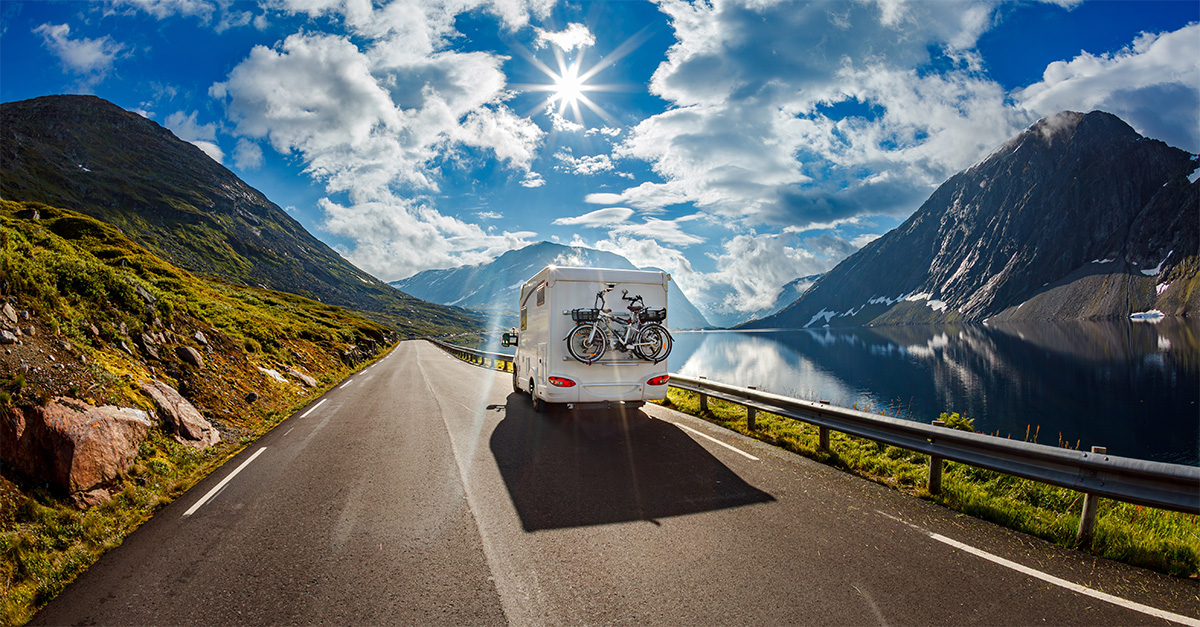Helping mend the roof on an orphanage in Ecuador or teaching children in South Africa may not seem like a holiday, but voluntourism – or using your time away to do something worthwhile – is increasingly popular.
Volunteering breaks used to be reserved for those with significant amounts of time on their hands, such as gap year students or those working for development agencies. However, the market has now developed extensively, with more flexible timeframes and a wider variety of tours.
The fact that both Intrepid Travel and the Adventure Company launched their first dedicated voluntourism programmes at the end of last year is testament to the growth of this sector, buoyed by people taking career breaks in the economic downturn.
Travel 2 product manager Michael Creighton said: “We’ve seen a growth in bookings, so it’s certainly on the up. We expect voluntourism to continue growing, with more organised, locally arranged and managed tourism projects in the future”.
According to Max Tookey, a senior psychology lecturer at Greenwich University, who Acacia Adventure Holidays has worked with recently: “The recession has brought with it a ‘humanising factor’ when it comes to our psyche and choosing holidays – and, with it, a desire to help others less fortunate than ourselves.”
Operators suggest that agents focus on the experience factor when selling a voluntourism trip and emphasise what the client will get out of the project. Those breaks that give a local payment directly to the project are also rated by agents. For instance, Acacia Adventure Holidays, through its volunteer breaks in Moshi, Tanzania, supports local children affected by family break-ups, poverty and AIDS.
Acacia Adventure Holidays sales co-ordinator Kate Plummer said: “Voluntours are always a highly personal endeavour, so find out about that person’s interests – maybe they work in conservation or as a community volunteer.
“It will help you find the tour that interests them most, while also enabling you to spark up a valued relationship with a client.”
Community projects
This enables clients to spend time with local people and immerse themselves in the culture. Working with underprivileged kids or helping to build schools gives clients prolonged contact with a community that they would otherwise miss on an average tour.
Intrepid Travel offers a 14-day Ghana teaching and building programme from £695 excluding flights. The operator works with a number of small villages across the country. Weekends are free so, depending on the location, visitors could see the pristine beaches of the south, the dusty savannah of the north or the tropical forests in between.
Volunteers stay with a host family and help the village by teaching or building new facilities such as schools, clinics, toilets and community centres. (020 7354 6170, Intrepid Travel agent site)
Conservation trips
This kind of trip allows you to get directly involved with the conservation of threatened species aimed at those who want to gain wildlife management experience. They can also vary in length, for instance, the Ka’Ingo Volunteer programme in South Africa has prices for two to 12 weeks that range from £400 to £2,100.
Imaginative Traveller has a 15-day Giant Panda Discovery tour starting from £1,075. Aside from visiting Beijing and Xian. Clients also spend three days in western Sichuan at the Ya’an Giant Panda Conservation Centre.
Volunteers will help staff clean out the panda enclosures, feed the animals and record behavioural data. Prices include accommodation, transfers, most meals, activities, entrance fees and services of a tour leader. A local payment of $350 per person is payable. Flights are available from £680 per person. (08450 778 803, Imaginative Traveller agent site)
Scientific breaks
These trips allow those interested in the actual study of flora and fauna to not only understand the science of a research project, but also to contribute to research.
The Adventure Company offers bear tracking in the Tatras Mountains of Poland. Clients will record data and sightings of bears and monitor their behaviour.
They will access parts of the Tatras Mountains where only the rangers are allowed, this is because the trip is lead by rangers of the High Tatras Bear Project. The trip costs from £1,249 per person. Included in the price is accommodation, flights, transport, activities and some meals. There is also a donation of 180 euros per person to the project. (0845 609 0889)
Who to sell to
Pre-college gap year: This is the most flexible group to sell to, with fewer predefined ideas about what they want and little demand for creature comforts.
Post-college gap year: Now focusing on their career, this sort of person is looking for a vocational break that builds concrete skills. Again, luxuries aren’t an issue.
Career break, 28 to late 30s: Having been made redundant or chosen to take a break, this sort of person may be less willing to sacrifice comfort and want fun in addition to CV points.
Career change, 28 to late 30s: This type wants to develop new skills to help them change jobs, so needs focused trips. They are probably willing to sacrifice comfort for career-changing benefits.
Empty-nesters, 50-plus: Often retired, this group are looking to give something back and reinvigorate themselves. They are most likely to require comfortable standards of accommodation.
- Read more on increasing your share of the over-50s market in our How To series…
Selling tips
- Be clear: Break the trip down so that the client can see the full range of opportunities available.
- Don’t forget the fun factor: Clinch the deal by filling them in on the additional recreational activities that can be included on the trip.
- Point out the career pluses: Explain that voluntourism experience will look great on a client’s CV.
- Demonstrate the value: Point out the cost saving compared with an entire gap year or sabbatical.
- Show flexibility: Voluntourism can be geared to a shorter experience or added on to a longer trip.




